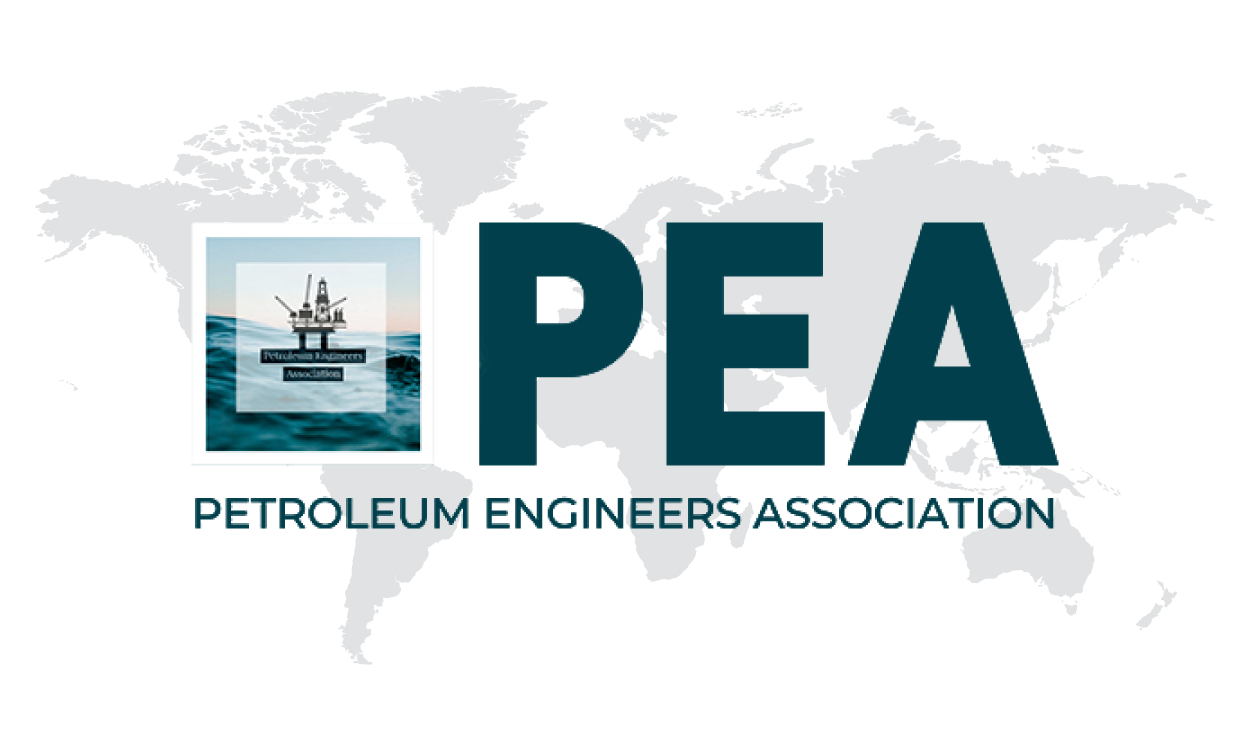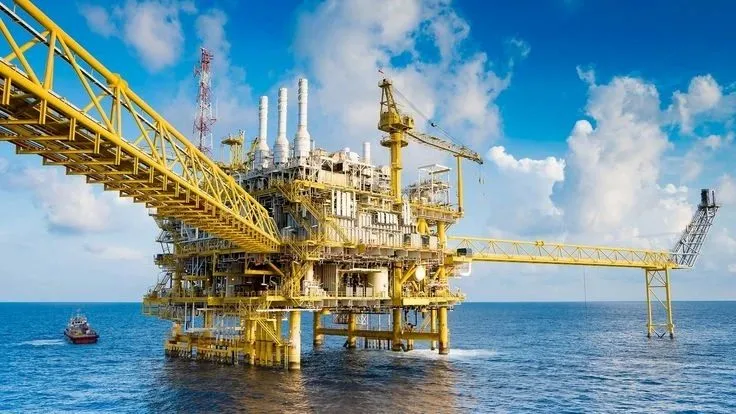Warning: Trying to access array offset on value of type null in /home/u966133840/domains/peassociations.com/public_html/coursedetails/index.php on line 14
Warning: Trying to access array offset on value of type null in /home/u966133840/domains/peassociations.com/public_html/coursedetails/index.php on line 25
Warning: Undefined array key "ondemand_duration" in /home/u966133840/domains/peassociations.com/public_html/coursedetails/index.php on line 462
Boost your team's skills and your budget! Enjoy group discounts for collaborative learning. Send an inquiry to info@peassociations.com.
Warning: Undefined array key "title_english" in /home/u966133840/domains/peassociations.com/public_html/coursedetails/index.php on line 532
Warning: Undefined array key "shortDescription_english" in /home/u966133840/domains/peassociations.com/public_html/coursedetails/index.php on line 534
Description
Warning: Undefined array key "description_english" in /home/u966133840/domains/peassociations.com/public_html/coursedetails/index.php on line 552
Warning: Undefined array key "introduction" in /home/u966133840/domains/peassociations.com/public_html/coursedetails/index.php on line 732
Warning: Undefined array key "objectives" in /home/u966133840/domains/peassociations.com/public_html/coursedetails/index.php on line 733
Warning: Undefined array key "trainingMethodology" in /home/u966133840/domains/peassociations.com/public_html/coursedetails/index.php on line 734
Warning: Undefined array key "personalImpact" in /home/u966133840/domains/peassociations.com/public_html/coursedetails/index.php on line 735
Warning: Undefined array key "whoShouldAttend" in /home/u966133840/domains/peassociations.com/public_html/coursedetails/index.php on line 736
Warning: Undefined array key "certificate" in /home/u966133840/domains/peassociations.com/public_html/coursedetails/index.php on line 737
Warning: Undefined array key "organisationalImpact" in /home/u966133840/domains/peassociations.com/public_html/coursedetails/index.php on line 738
Warning: Undefined array key "courseFeedback" in /home/u966133840/domains/peassociations.com/public_html/coursedetails/index.php on line 739
Warning: Undefined array key "aboutTheTrainer" in /home/u966133840/domains/peassociations.com/public_html/coursedetails/index.php on line 740
Warning: Undefined array key "outline" in /home/u966133840/domains/peassociations.com/public_html/coursedetails/index.php on line 741
Warning: Undefined array key "introduction" in /home/u966133840/domains/peassociations.com/public_html/coursedetails/index.php on line 751
Warning: Undefined array key "objectives" in /home/u966133840/domains/peassociations.com/public_html/coursedetails/index.php on line 775
Warning: Undefined array key "trainingMethodology" in /home/u966133840/domains/peassociations.com/public_html/coursedetails/index.php on line 799
Warning: Undefined array key "organisationalImpact" in /home/u966133840/domains/peassociations.com/public_html/coursedetails/index.php on line 823
Warning: Undefined array key "personalImpact" in /home/u966133840/domains/peassociations.com/public_html/coursedetails/index.php on line 848
Warning: Undefined array key "whoShouldAttend" in /home/u966133840/domains/peassociations.com/public_html/coursedetails/index.php on line 873
Warning: Undefined array key "outline" in /home/u966133840/domains/peassociations.com/public_html/coursedetails/index.php on line 899
Warning: Undefined array key "certificate" in /home/u966133840/domains/peassociations.com/public_html/coursedetails/index.php on line 943
Warning: Undefined array key "aboutTheTrainer" in /home/u966133840/domains/peassociations.com/public_html/coursedetails/index.php on line 968
Warning: Undefined array key "courseFeedback" in /home/u966133840/domains/peassociations.com/public_html/coursedetails/index.php on line 1001






